What Medical Experts Wish We Knew
Seasoned Atlanta healthcare professionals offer insider tips including using technology wisely, keeping personal medical records and protecting against COVID.
Robyn Spizman Gerson is a New York Times best-selling author of many books, including “When Words Matter Most.” She is also a communications professional and well-known media personality, having appeared often locally on “Atlanta and Company” and nationally on NBC’s “Today” show. For more information go to www.robynspizman.com.
Healthcare workers are deserving of the Nobel Prize. Our frontline heroes risk their lives to care for us and our loved ones. They listen for a living and dispense knowledge. We turned the tables to spotlight their profession and asked some dedicated doctors and nurses what they wish patients knew. These insights are practical prescriptions for managing your health. Some of those tips include using technology wisely, keeping personal medical records and understanding that sanitary compliance is still a priority during the pandemic.
Practice COVID hygiene
Adrienne Clark is a nurse and owner of Qualified Quacks, a primary care concierge practice experienced in COVID-testing. “We stress to patients how much mask compliance and excellent hand hygiene can protect them. We encourage clients to get tested with a reliable PCR test prior to visiting elderly relatives or any at risk family/friends. And we also remind people that while they may believe they belong to a small ‘pod that is social distancing’ it’s rare that people have the same definition, which means their pod is larger than they realize,” Clark said.
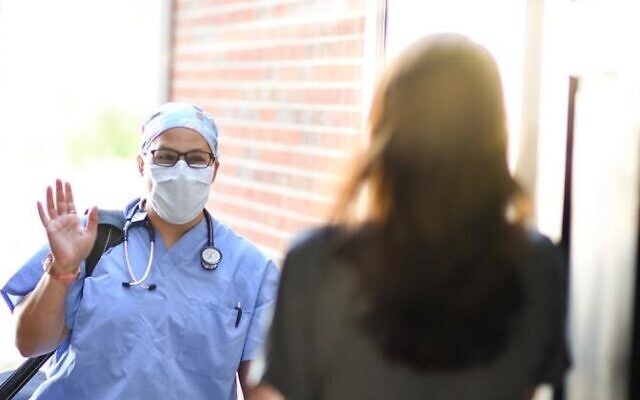
“We remind everyone to be extra vigilant, and anytime you’re around someone who is unmasked, that is their highest risk of exposure. If they don’t dwell in the same household, they should still be wearing masks. When walking people breathe more heavily, and if one were to be [test] positive, the spread can easily surpass 6 feet. Also, when people actually are 6 feet apart, they tend to have to raise their voice to be heard, and that also carries a higher chance of infection.”
Use technology wisely
Dr. Eva Arkin, a gynecologist at Premier Care for Women, evaluated the communication gap. “Technology has made sharing and retrieving information much faster, which has helped patient care. However, many physicians are caught in the web of typing through a template, and clinical time with patients is often minimized.
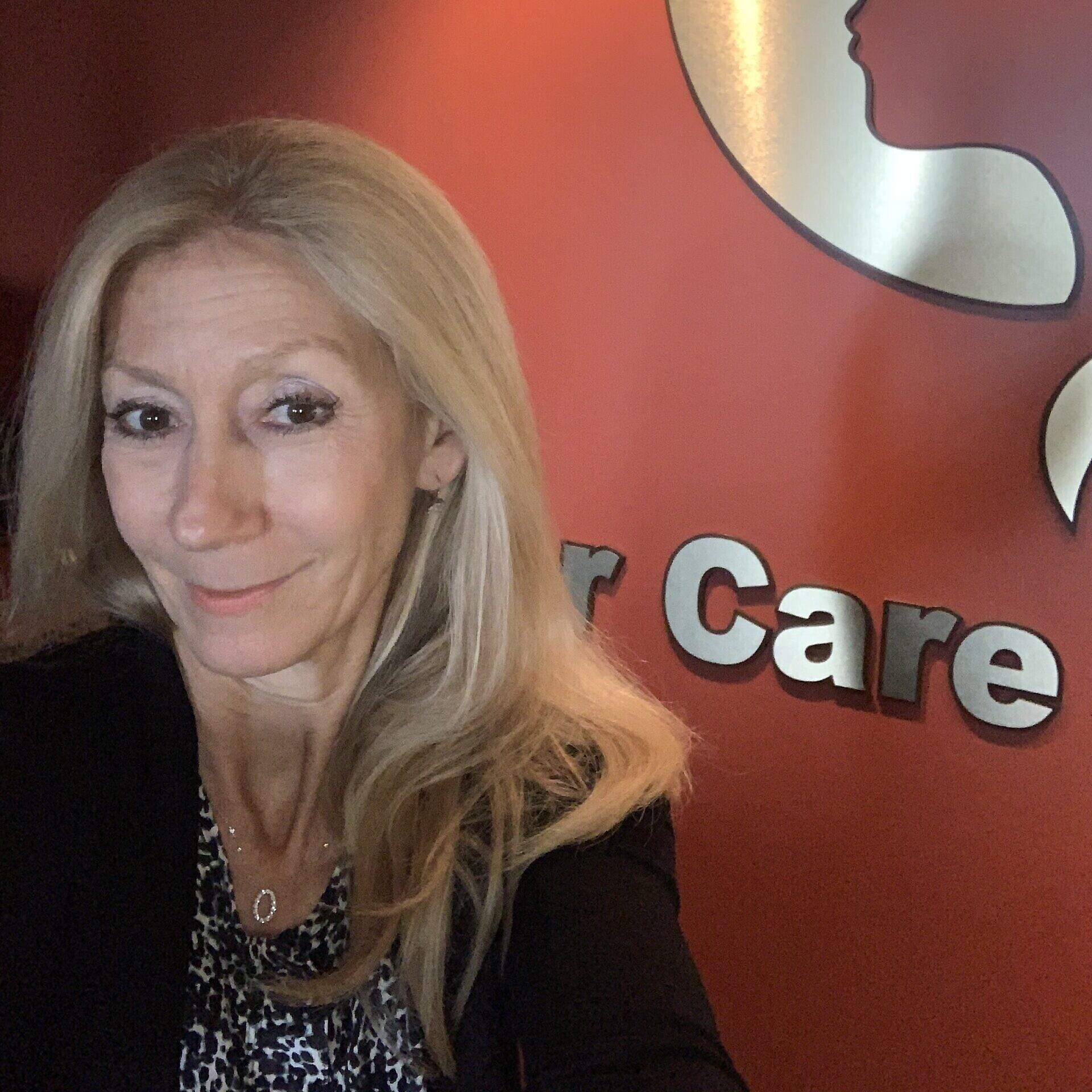
“There are advances with efficacy of electronic prescriptions as well, but there are downfalls with making sure the pharmacy actually receives the prescription. Be sure to update your pharmacy number if it has changed. Many insurance companies do not cover the most specific and best medications for the patient,” Arkin said.
“Additionally, it also helps to have patients know that most of us practice according to our board certification guidelines. There has been a trend for some patients to believe solely in the ‘Google’ information highway or other sources not supported by the physician ‘college’ to which we belong, and this misinformation has been more difficult to convey.”
Keep your own medical files
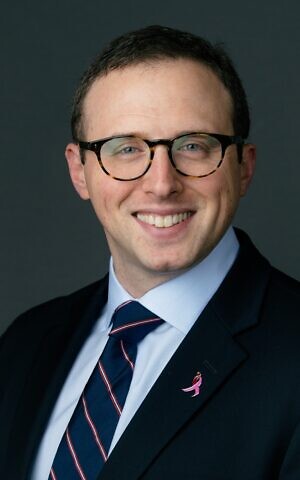
Surgeon Evan Feldman focused on medical records. “I wish patients knew how disjointed and disorganized medical records are in the American healthcare system. Even if you had a CAT scan or lab work done right down the street, I, as your treating surgeon, may or may not have readily available access to it. Therefore, as a patient, it is vital to be a central repository for all of your personal healthcare information,” said Feldman, a colon and rectal surgeon at Piedmont Atlanta Hospital.
“I advise all patients to create a binder and keep their medical records organized. They should request hard copies of radiologic studies for physicians to review prior to the visit (believe it or not they still come as CDs).
“In fact, it is always preferable to provide your records to your doctor several days before your appointment so that he or she can review them and can be prepared to make your visit as worthwhile as possible. Don’t assume that when you request one physician’s office to send your records to another physician’s office, that it will actually happen.”
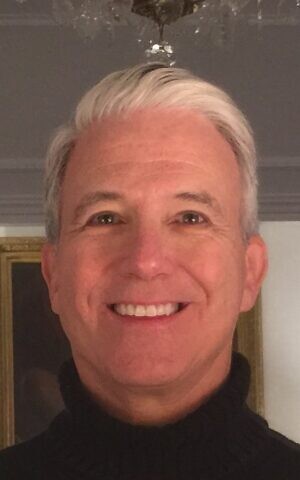
Dr. Jim Braude, an internal medicine specialist who lives part time in Paris, agreed patients should stay organized. “Regarding medication management, avoid bringing a huge bag of medicine bottles. Instead, bring a list of all medicines and supplements you’re taking, their dosage and frequency of use,” said Braude, who was in private practice in Atlanta for 30 years followed by three years as a staff physician at Cancer Treatment Centers of America. He also taught Emory University Medical School students and is a volunteer staff doctor at Mercy Care clinics, where he treats the underserved while also helping patients with complicated medical diagnoses.
Put yourself in doctor’s shoes
“As primary care docs, it’s really impossible for us to be an expert at everything,” Braude said. “Depending on our interest or training, we are strong in certain areas and weaker in others (and more likely to refer). Don’t expect vast knowledge on all subjects.
“Also, if calling your doctor after hours, I can remember on busy winter weekends getting as many as 150 pages while covering for my partners. If possible, don’t page your doctor after hours unless it’s something that is urgent and couldn’t be handled during regular office hours,” he continued.
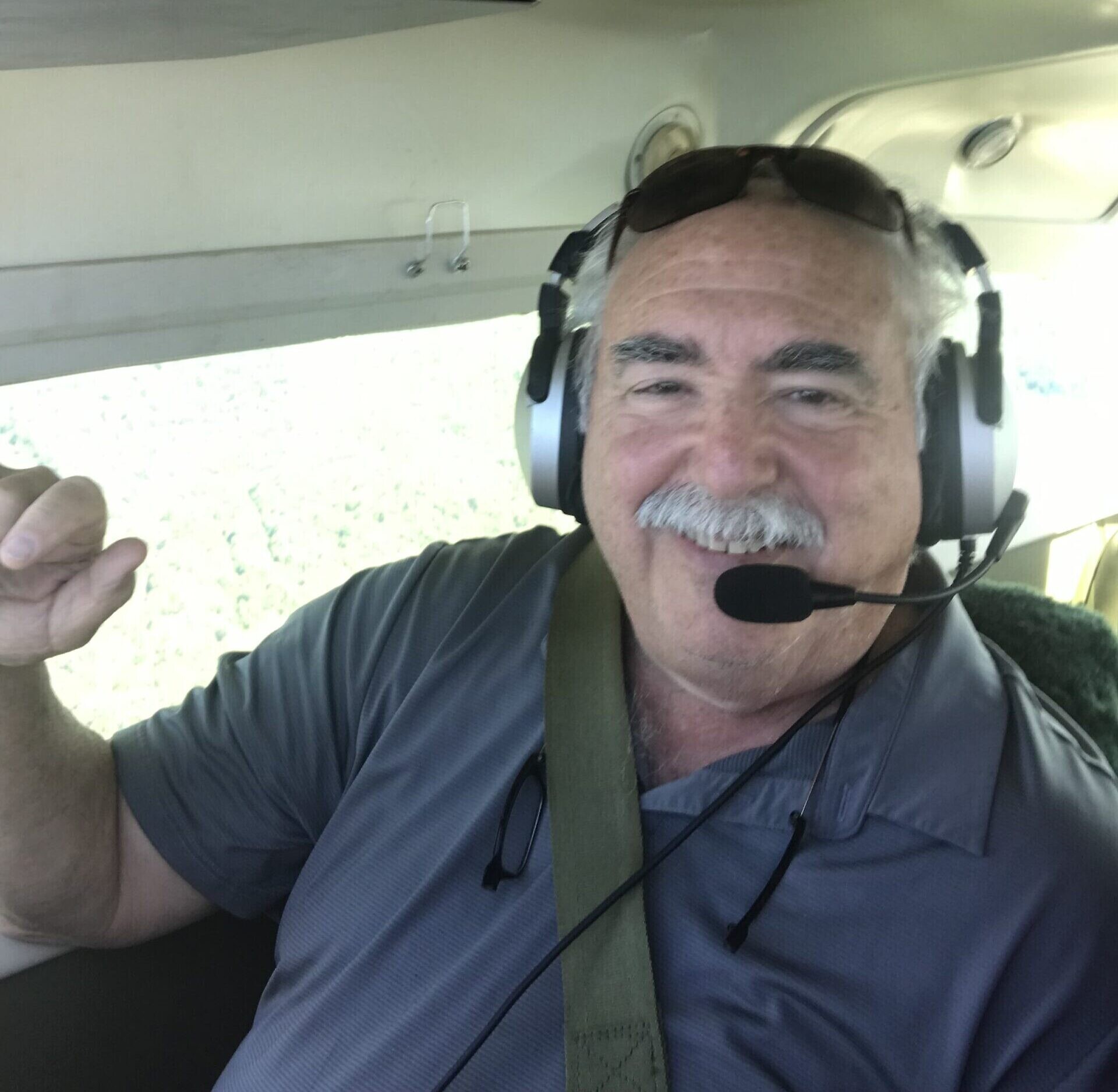
“And lastly, be nice to the staff. Everyone appreciates this, and you will find it will bounce back to you with expressions of kindness and concern. Little things like addressing them by their names and thanking them eases their day and will pay back to you many times over.”
Retired doctor Jeffrey H. Korotkin agreed patients should recognize a doctor’s commitment to the profession. Along with a Master of Business Administration degree, Korotkin has training in obstetrics and gynecology with emphasis on perinatology.
“It is hard to understand what it is like to dedicate your life’s work to serving others at the expense of your family. There were many times during my career I was out for dinner with my wife and children that I had to leave them alone to rush to the hospital for an emergency. My children would then ask me what it was for, delivering a baby, treating someone for high blood pressure or a life-and-death situation. It wasn’t easy for them or my wife, but it was what I wanted to do and loved,” he recalled.
“So, I would like patients to understand that when your physician is helping you, yes, that’s their job, but to appreciate healthcare workers as it’s really a challenging career, especially at this time.”



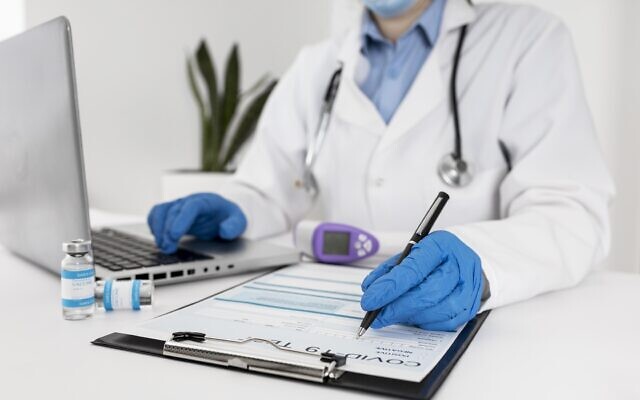
comments